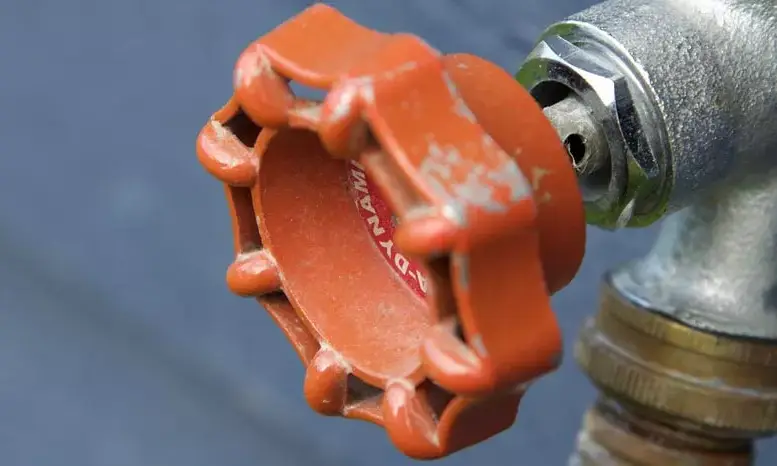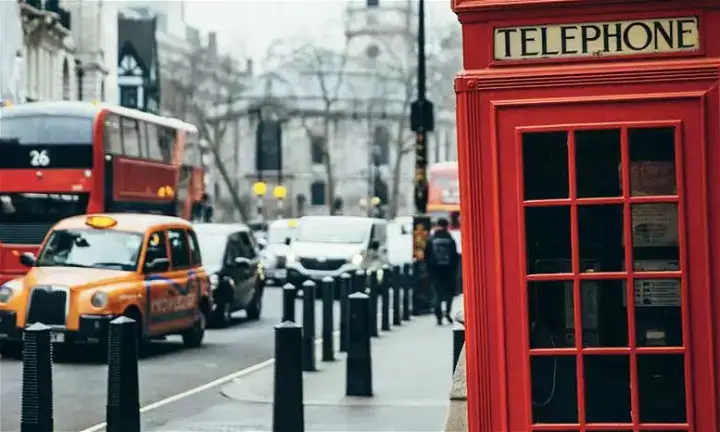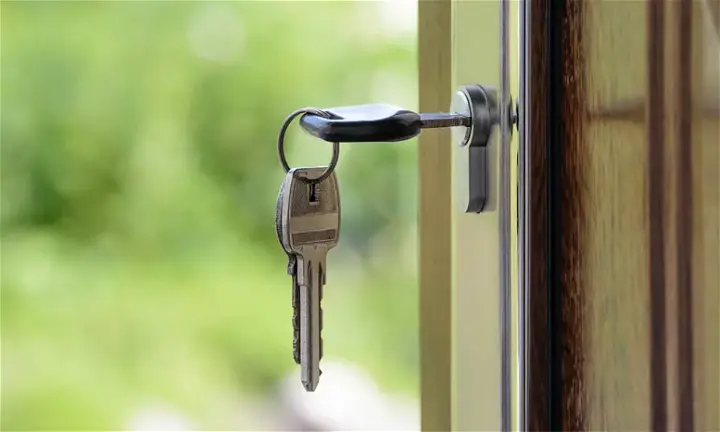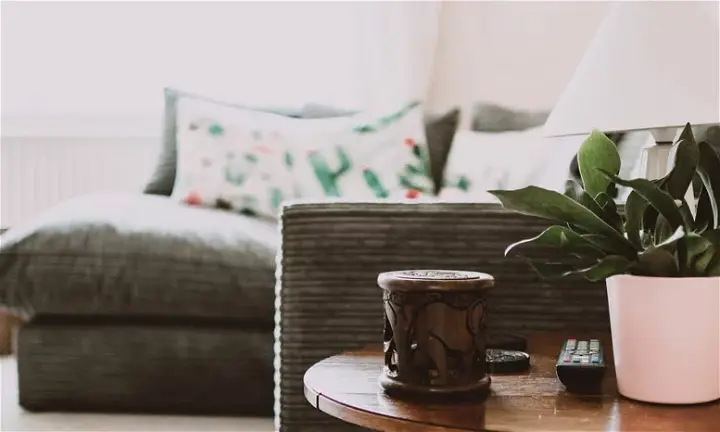
Who is responsible for the plumbing bill? Landlords or Tenants?
Think how people must have lived without indoor plumbing?! We often take the simplest things for granted within our homes, these aspects don’t even cross our minds at times. But we need to understand that plumbing systems are a vital aspect towards comfortable living, so with that in mind, why not invest in some beneficial maintenance, so you can save your money running down the drain. (Yes we tried to be clever there). It is also important to clarify who is responsible for repairs.
We understand that plumbing is not everybody's forte
So guess what….we have some key tips to hand to you, to help avoid plumbing issues in a rental, and stopping a river running through your front door.(You see, and again).
We want to help both sides see as to where their responsibilities lay and who needs to pay. If you’re renting out a property, it's the landlord’s responsibility for tenant safety within the property. You don’t want serious plumbing issues in a rental, as this will cause a lot of distress for you and especially the tenant and will affect the tenant’s rights to repairs and maintenance.
Major plumbing issues in a rental can be costly
You can’t avoid things breaking or being damaged, as that stuff happens as somethings don’t last forever. With that the best thing you can do, to keep your money in your pocket is to check things are running properly.
This is the landlord’s responsibility for tenant safety, and making sure all factors are well maintained/ in working order before any tenants move in and start renting the property. This is also known as making sure the property is Fit For Human Habitation, which is provided by the Landlord and Tenant Act 1985. Find out what safety measures landlords are responsible for in our article 'What you need to know about landlord safety regulations'.
Here are some checks that need to be made within the property. This is all due to it being the landlord’s responsibility for tenant safety:
•Repair •Stability •Free from damp •Natural lighting •Ventilation •Water is running •Drainage and sanitary conveniences •Facilities for cooking food •Disposal of waste waterPlease don’t try to push the boat out to far, leave the real plumbing to the professionals!
Property check
Being a landlord you will need to be able to maintain your property when renting it out. So this will require you to manage the appliances within your property, and you do not want to have to constantly dig into your finances to fix problems that could have been avoided some time back. Always be willing to get into the mindset of performing some of those check ups yourself.
Have a thorough look through your property and see how things are running. You need to be an eagle-eyed individual! Here are some things to be sure to check :
•Taps – Are they leaking ? •Sinks – How fast is the water going down ? •Bathtubs/showers – Is there water coming out the sides? •Pipes - Corrosion on any metals (copper, brass) •Drains – Are they covered with debris ? •Heaters – Are they working on all heat settings?So before moving in, it’s the Landlord's responsibility to fix any plumbing issues within the property. The property needs to be in livable conditions as this is a tenants right and if not followed it can lead to a prosecution due to it being a matter of the law.
Talking contracts
After the property is deemed safe and fit to live within, the landlord needs to prepare a contract stating the terms in how payments for future damages will be operated with the new tenant.
Often prior to a tenant moving in, the landlord will request for an agreed deposit to be put forward in case of any future damages. As this amount will then be used to repair those damages as they were faults of the tenant. It’s very important that the contract is discussed and agreed upon to ensure that there is mutual clarity in both parties understanding their responsibilities.
As a tenant, there are various aspects to the tenant’s rights to repairs and maintenance as stated previously the property needs to be in a condition that is Fit For Human Habitation. Any plumbing issues in a rental before the contract starts will not be their responsibility, but after that they can be considered liable.
When damages have been made maliciously or through an act of negligence, then it’s key for the tenant to take responsibility of the issue and repair what's at hand. Some often take this into their own hands to cut costs, this can only be done if the tenancy agreement says you can.
Just before any tenant starts trying to make their potential debut plumbing tasks, they need to make sure:
•Before anything, make sure you’re not wearing your outfit for Friday night! Wear some clothes you don’t mind getting dirty and WET of course. •Make sure all water is off – Done through the water main (Usually a tap) •Be sure to have the professionals number at hand just in case of anything getting out of control i.e you accidentally snap a valve!If a repair does need to be made and a plumber is sent to the property , but later the plumber is to discover that the fault was caused by for example missussage of the appliance by the tenant, it will then be needed that the tenant will have to pay for the damage caused.
Depending on what is discussed within the tenancy agreement prior to the move in , will determine the tenant’s right to repairs and maintenance. Factors such as garderning will need to be managed by the tenant, unless the agreement deems different.
Two types of repairs
Urgent repairs:
•Burst water mains •Blocked toilets •Ceiling leaks •Electrical faults •Flooding •Factors causing the property to be deemed unsafeThis is the responsibility of the landlord and need to be attended to within at least 24–48 hours depending on the seriousness of the issue.
Non-urgent repairs
When looking at non-urgent repairs we can imagine things such as a leaking tap or blocked drain. These kinds of issues will need to be repaired within 14 days. Tenant’s should inform the landlord on the issue stating when the issue occurred and the place.
If landlords do not take necessary action towards making repairs a tenant will need to contact their local authorities for help and to take action if the problem could potentially cause the tenant harm or harm to others.
Author: Roomlala



